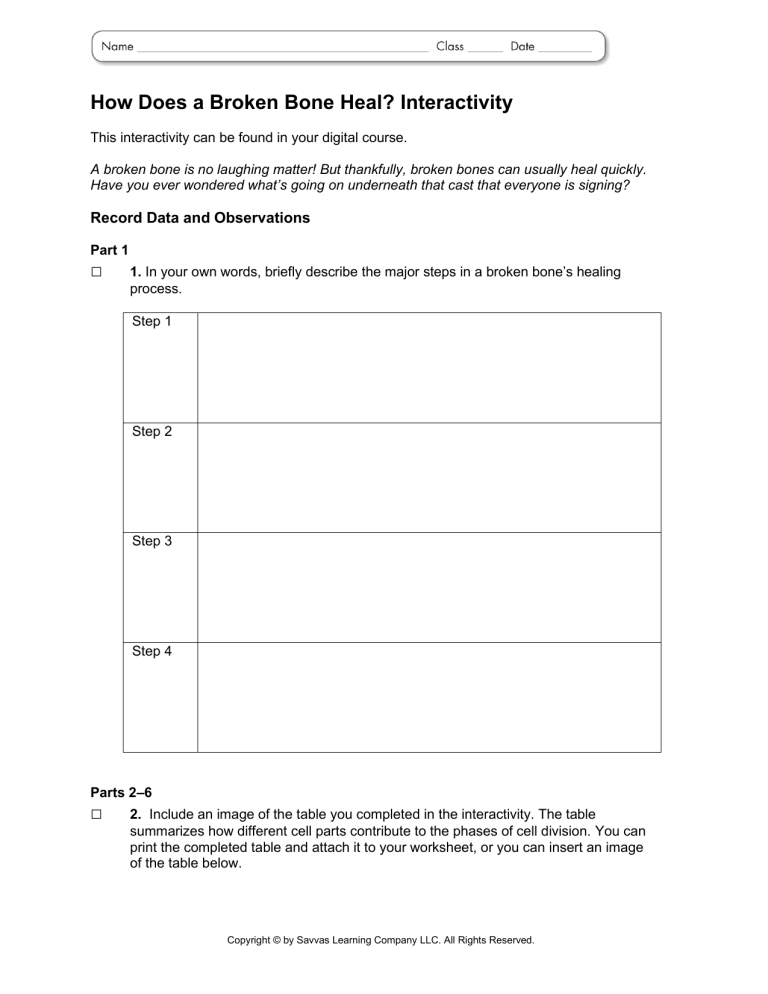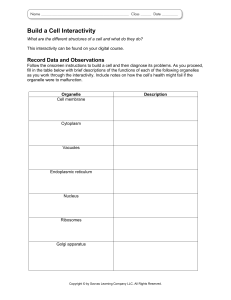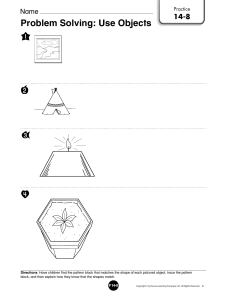
How Does a Broken Bone Heal? Interactivity This interactivity can be found in your digital course. A broken bone is no laughing matter! But thankfully, broken bones can usually heal quickly. Have you ever wondered what’s going on underneath that cast that everyone is signing? Record Data and Observations Part 1 □ 1. In your own words, briefly describe the major steps in a broken bone’s healing process. Step 1 Step 2 Step 3 Step 4 Parts 2–6 □ 2. Include an image of the table you completed in the interactivity. The table summarizes how different cell parts contribute to the phases of cell division. You can print the completed table and attach it to your worksheet, or you can insert an image of the table below. Copyright © by Savvas Learning Company LLC. All Rights Reserved. Analyze and Interpret Data 1. Summarize Use the information in your completed table from Parts 2–6 of the interactivity to complete the table. For each cell part, use short verb phrases to describe the part’s function in cell division. To provide examples, two rows have been completed for you. Cell Part Function in Cell Division Nucleus Breaks down, later reforms as two nuclei Chromosomes Spindle Fibers Extend and attach to centromeres, shorten to separate chromatids, and then disappear Centriole Pairs Cell Membrane Conclude 1. Synthesize Information Use what you learned in the interactivity to help you interpret the following excerpt from an article in a medical journal. What main point or points do you think the author is trying to make? “The healing of a broken bone is a complex process. The process involves a series of cellular responses that are each controlled by specific signaling pathways. As a result, bone healing can be viewed as a well-orchestrated series of biological events.” Copyright © by Savvas Learning Company LLC. All Rights Reserved.

